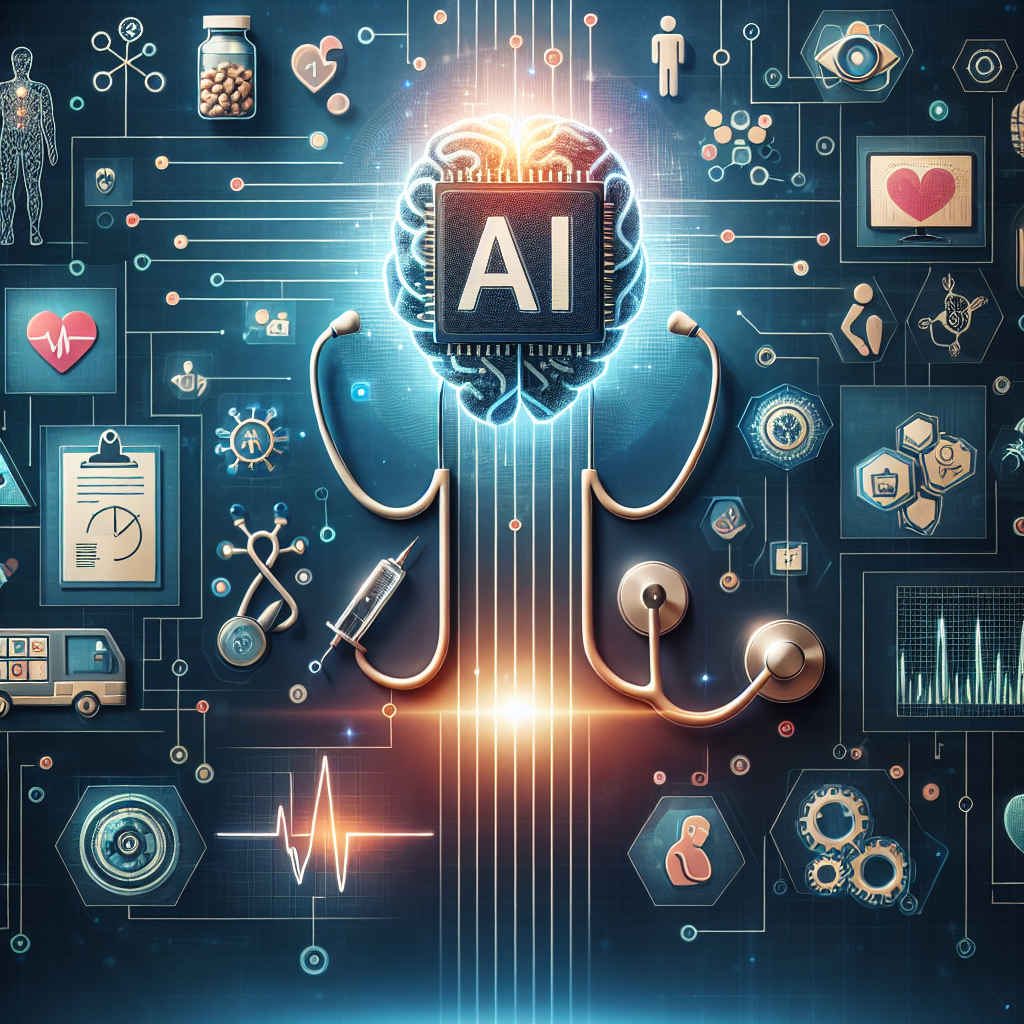Artificial Intelligence (AI) is revolutionizing the healthcare industry by improving patient outcomes through advanced technology and data analysis. AI has the potential to transform the way healthcare is delivered, making it more efficient, accurate, and personalized.
One of the key roles of AI in healthcare is in diagnostics and treatment planning. AI algorithms can analyze vast amounts of patient data, including medical records, images, and genetic information, to help doctors make more accurate diagnoses and determine the most effective treatment options. This can lead to earlier detection of diseases, better treatment outcomes, and reduced healthcare costs.
AI is also being used to improve patient monitoring and preventive care. Wearable devices and sensors can collect real-time data on a patient’s vital signs, activity levels, and other health metrics, allowing healthcare providers to track their progress and intervene quickly if any issues arise. AI algorithms can analyze this data to identify patterns and trends that may indicate potential health problems, enabling early intervention and preventive measures.
In addition, AI is helping to streamline administrative tasks and improve operational efficiency in healthcare facilities. AI-powered systems can automate processes such as appointment scheduling, billing, and insurance claims processing, freeing up healthcare professionals to focus on patient care. This can lead to faster and more accurate service delivery, reducing wait times and improving overall patient satisfaction.
Furthermore, AI is also being used to personalize patient care and treatment plans. By analyzing a patient’s unique health data and medical history, AI algorithms can recommend personalized treatment options and interventions that are tailored to their specific needs. This personalized approach can lead to better outcomes, improved patient adherence to treatment plans, and ultimately, better health outcomes.
Overall, the role of AI in healthcare is to improve patient outcomes by harnessing the power of technology and data analysis. From diagnostics and treatment planning to patient monitoring and preventive care, AI is transforming the way healthcare is delivered, making it more efficient, accurate, and personalized. As AI continues to evolve and become more integrated into healthcare systems, we can expect to see even greater advancements in patient care and improved health outcomes.


Leave a Reply